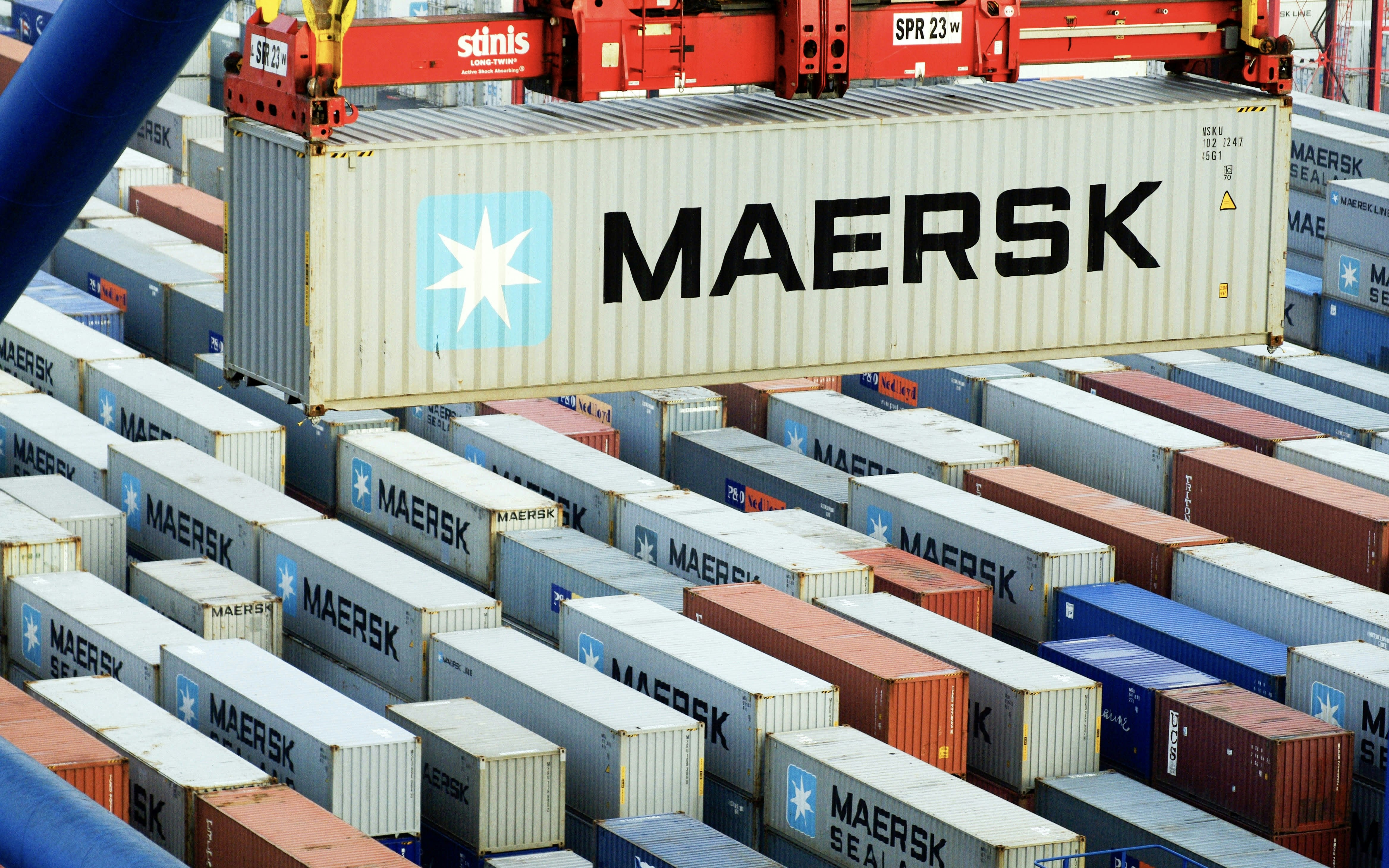AP Møller-Maersk raises financial forecast for the third time since May
The recent increase in the forecast in June occurred due to deepening delays and congestion in global supply chains, leading to a significant rise in freight rates. Maersk now expects container growth – an indicator of global trade – of 4 to 6 percent this year, compared to the previous estimate of 2.5 to 4.5 percent.
Houthi rebels began attacks in the Red Sea at the end of last year, which forced container shipping companies to take a longer and more expensive detour around the southern tip of Africa for routes between Asia and Europe. Maersk initially expected the disruptions in the Red Sea to last only a few months, but now anticipates they will continue for most of this year and possibly until 2025.
Vincent Clerc, CEO of Maersk, warned in June in the Financial Times that retailers concerned about their Christmas goods could exacerbate disruptions by moving their orders forward. The current third quarter is usually the busiest for Christmas products at container shipping companies.
On Thursday, the Danish company released little new information about the potential duration of the disruptions in the Red Sea. Originally, Maersk had feared that a large number of new ships ordered by competitors would distort the supply-demand balance and affect profitability in the second half of the year.
Maersk merely stated that trading conditions are still subject to higher-than-normal volatility in the fourth quarter due to the unpredictability of the situation in the Red Sea and the unclear supply and demand situation.
In its trading update on Thursday, the company reported that sales in the second quarter fell by about 2 percent to $12.8 billion, while operating profit decreased by 40 percent to $963 million.
Further disruptions could occur later this year as some industry representatives are concerned that a possible return of Donald Trump to the US presidency could distort global trade, especially if shipping companies try to move additional goods ahead of expected tariffs on China. Short-term freight rates for container transport have fallen from their peaks in recent weeks, which may indicate that the pressure from advanced Christmas orders is easing.
Maersk's shares initially rose following the new forecast, but fell by 0.5 percent on Thursday afternoon.










